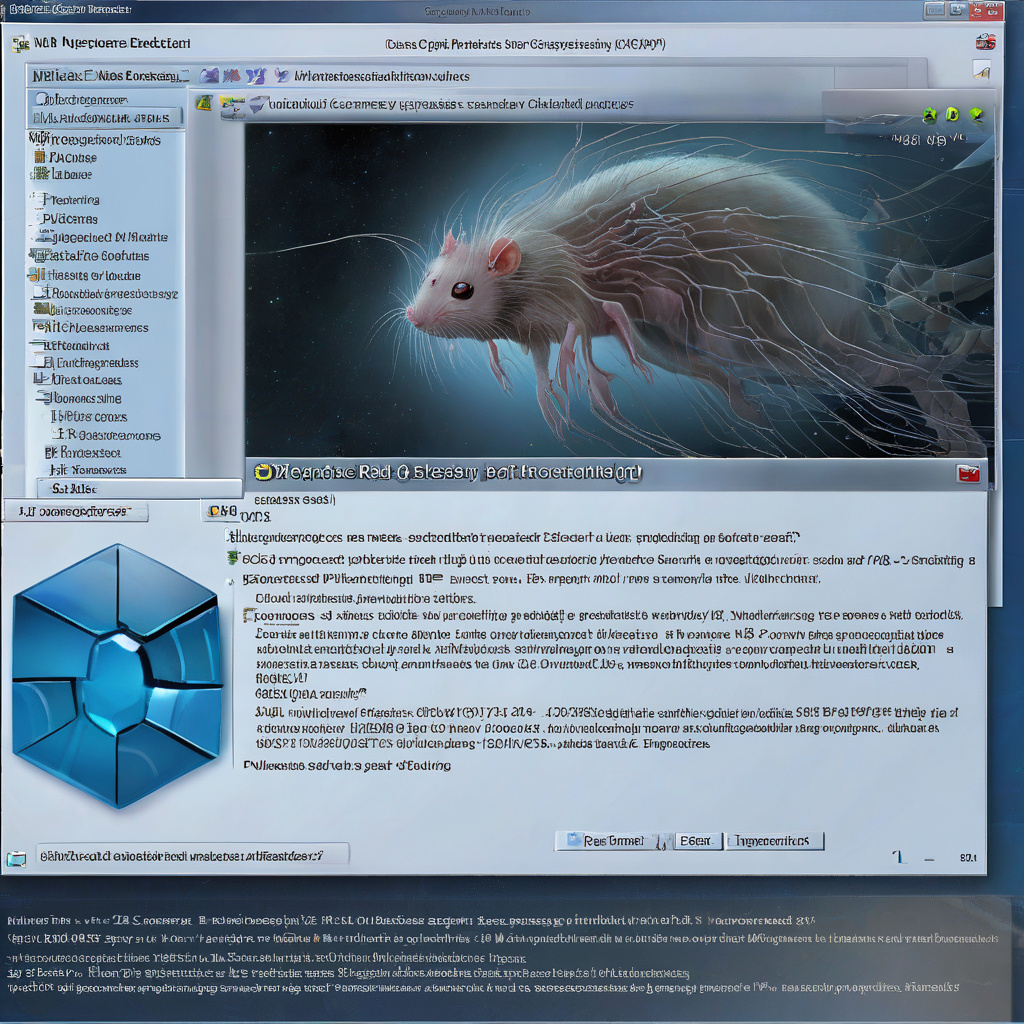Neptune RAT Malware: A Threat to Windows Users
Cybercriminals are constantly finding new ways to exploit vulnerabilities in operating systems, and one of the latest threats targeting Windows users is the Neptune Remote Access Trojan (RAT) malware. This malicious software allows hackers to gain unauthorized access to a victim’s computer, steal sensitive information, and even take control of the system remotely. What makes Neptune RAT particularly dangerous is its deployment using a malware-as-a-service model, making it easily accessible to cybercriminals of varying skill levels.
Neptune RAT poses a significant risk to Windows users due to its ability to evade detection by traditional antivirus software. By encrypting its communication channels and using anti-analysis techniques, the malware can operate stealthily on a victim’s system without raising any red flags. Once installed, Neptune RAT can carry out a wide range of malicious activities, including keystroke logging, screen capture, file manipulation, and even launching additional payloads.
The malware-as-a-service model employed by Neptune RAT allows cybercriminals to rent or purchase access to the malicious software, enabling even those with limited technical expertise to launch sophisticated cyber attacks. This accessibility has contributed to the widespread use of Neptune RAT in various cybercrime campaigns, ranging from espionage and data theft to financial fraud and ransomware attacks.
To protect against Neptune RAT and similar threats, Windows users must employ a multi-layered approach to cybersecurity. This includes keeping software up to date, using reputable antivirus and antimalware solutions, practicing good cyber hygiene, and being cautious of suspicious emails, links, and attachments. Additionally, implementing network segmentation, access controls, and regular security audits can help mitigate the risks posed by remote access Trojans like Neptune RAT.
In the face of evolving cyber threats like Neptune RAT, organizations and individuals must remain vigilant and proactive in their cybersecurity efforts. By staying informed about the latest malware trends, investing in robust security measures, and fostering a culture of cyber awareness, Windows users can better protect themselves against malicious actors seeking to exploit their systems for nefarious purposes.
As Neptune RAT continues to pose a threat to Windows users worldwide, the importance of cybersecurity vigilance cannot be overstated. By understanding the risks associated with malware-as-a-service models and taking proactive steps to secure their systems, individuals and organizations can safeguard their sensitive information and mitigate the potential impact of cyber attacks.
Neptune RAT, Windows users, cybersecurity, malware, cyber threats
